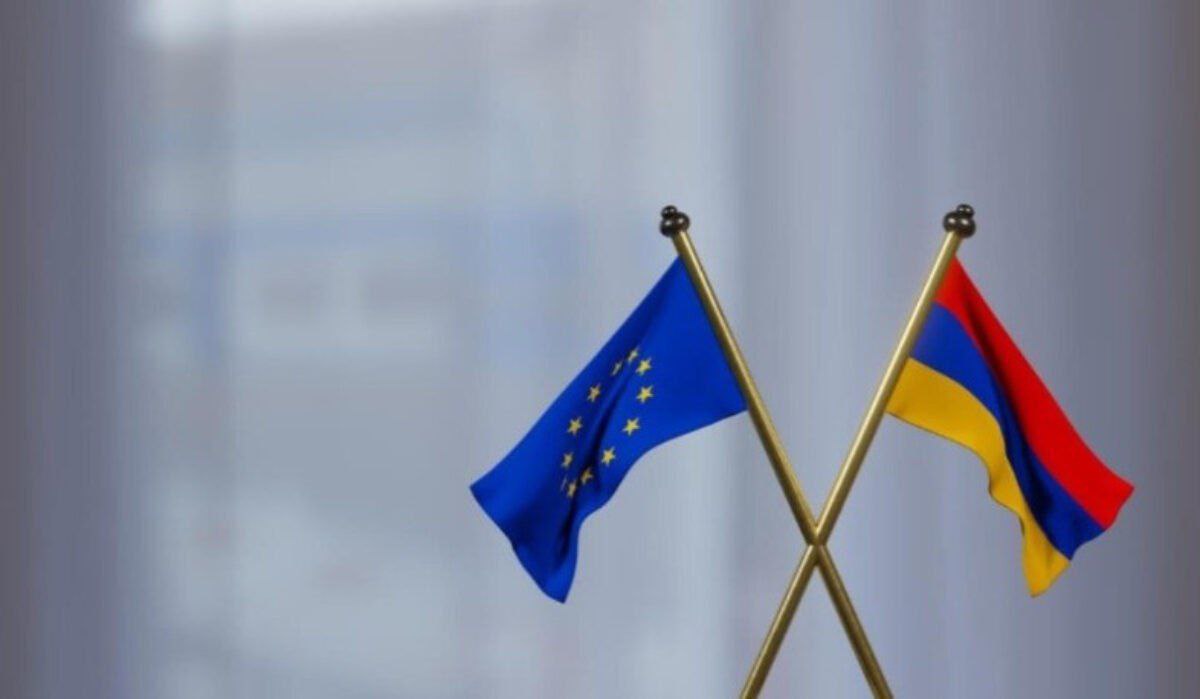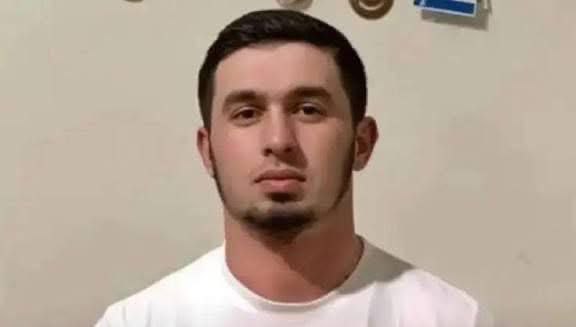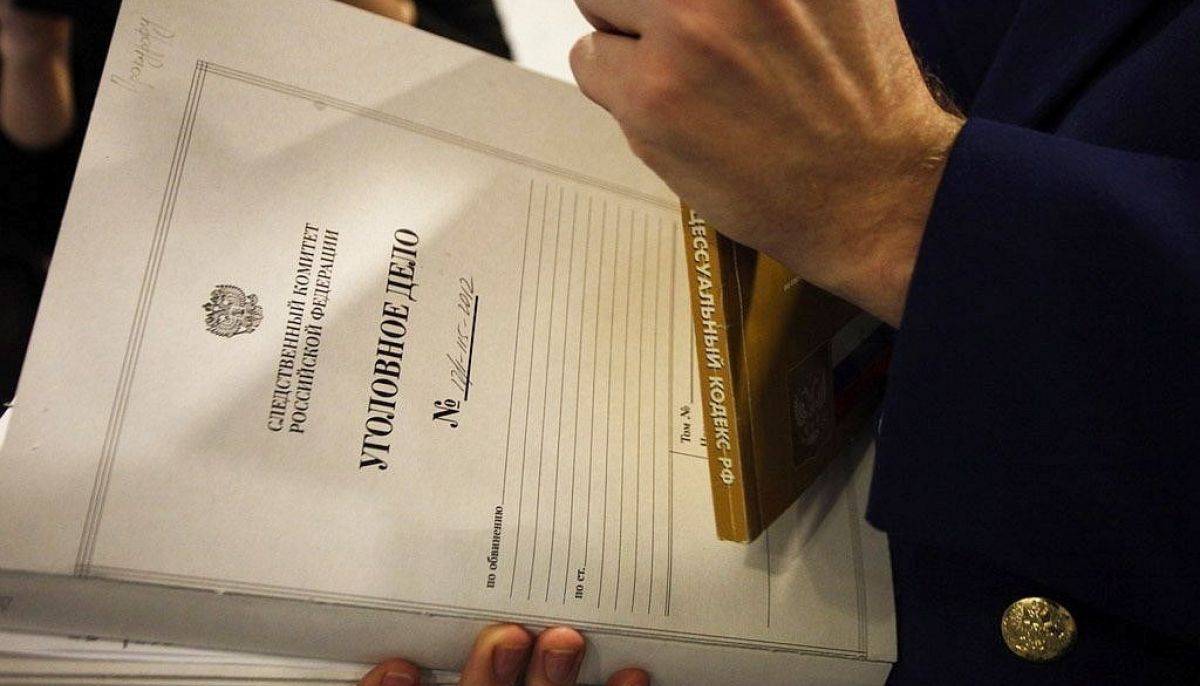A military court in Nalchik found Rinat Kurmanaev and Zalim Bekov guilty of leaving their unit without leave during mobilization and sentenced each to five years in prison.

The Supreme Court of Chechnya granted the prosecutor's motion and denied the defense's request to change Zarema Musayeva's preventive measure to one not related to detention. She will remain in pretrial detention until the end of August.
The prosecutor argued for extending Musayeva's detention in isolation by the fact that she is on a preventive register as a person prone to attacking law enforcement officers. The lawyer of the "Team Against Torture" Alexander Savin repeatedly asked the court to release the seriously ill woman for the duration of the investigation so that she could receive the necessary treatment. She has insulin-dependent diabetes of the second type, which causes constant complications.
According to the investigation, the seriously ill woman allegedly attacked the guard accompanying her to the hospital, scratched his neck and tore off his shoulder strap. Musayeva denies the charges against her. Earlier in court, she quoted the words of the alleged victim Bekbulatov: "Your children write all sorts of things, including about me. I will say that you attacked me." The surgeon questioned in court said that the victim had a small abrasion on his neck and did not provide him with any medical assistance.
Zarema Musayeva is the wife of former federal judge Saidi Yangulbaev and the mother of Chechen activists Abubakar, Ibragim and Baysangur Yangulbaev. In early March 2024, the Pyatigorsk Cassation Court reduced her sentence on the previous charge, reducing her prison term from 5 years to 4 years and 9 months. In July 2023, a court in Grozny found the woman guilty of using violence against a police officer and fraud and sentenced her to five years in prison. Investigators believe that she scratched the face of a police officer from Chechnya during her transfer from Nizhny Novgorod to Grozny. Human rights activists claim that the woman was kidnapped as a hostage and convicted for her sons' opposition activities.



